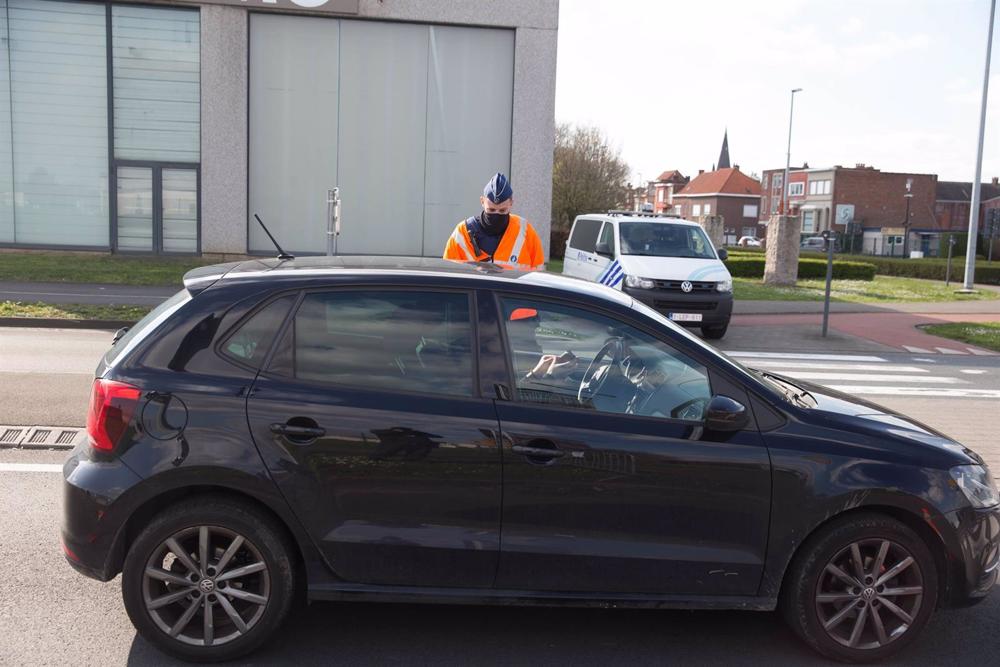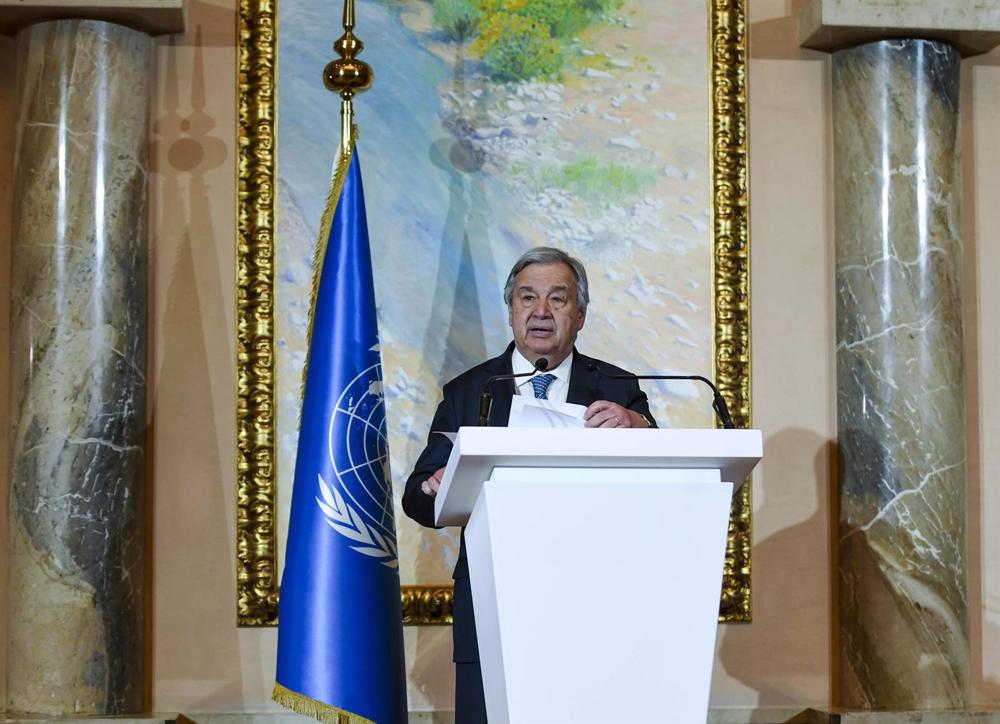
The Prime Minister of Kosovo, Albin Kurti, on Monday justified his rejection of the proposal presented on Monday by the European Union to solve the tuition crisis on the grounds that it is not accompanied by a commitment to «a final agreement for the normalization of relations» with Serbia, Pristina’s ultimate goal.
«I am ready to hold meetings always with the same structure and order: the final agreement with full normalization of relations», said Kurti about the day in Brussels, where he held more than eight hours of meetings to resolve the dispute over the license plates that Kosovo imposes on Serbian communities within hours of Pristina starting to fine those who have not registered their vehicles.
The meeting with the President of Serbia, Aleksandar Vucic, and facilitated by the EU High Representative for Foreign Policy, Josep Borrell, has ended without any agreement to solve the crisis over the controversial rule to impose Kosovar license plates to Serbian communities, although Borrell has proposed a compromise pact to reduce the conflict.
In this sense, the Kosovar side has criticized that Borrell and the EU representatives have bowed to the demands of Serbia and finally have given up the normalization of relations as one of the fundamental elements of the agreement, according to the Kosova Press agency.
In a message on social networks, Jeton Zulfaj, advisor to the Kosovar prime minister, has accused the EU of giving up on its own proposals as Pristina was ready to close a deal on the tuition fees controversy in exchange for a commitment to conclude the normalization of relations with Serbia by March 2023, something Belgrade has rejected.
«We regret that Serbia has rejected the inclusion of the EU proposal and the March 2023 deadline as central elements while continuing to threaten violence. We also regret that the EU has not defended and has abandoned its own proposal,» Zulfaj said.
EU RESPONDS TO KURTI’S «FALSE» ACCUSATIONS The Kosovar Prime Minister’s words were quickly answered by EU Foreign Spokesman Peter Stano, who dismissed Pristina’s allegations as «false» and pointed out that the EU remains committed to the normalization proposal and demands the parties to reach an agreement on the text soon.
This would show that Serbia and Kosovo are ready to demonstrate to the international community that they can come up with «European solutions,» he has indicated. «What is now key is for both sides to avoid escalating the situation, which requires immediate action from both sides: that Kosovo does not start applying fines and Serbia does not issue new license plates with the Kosovo designation. There can be no negotiations on normalization of relations with a threat of violence present,» he warned.
The more than eight-hour meeting in Brussels ended without agreement between the parties, after the Kosovar authorities rejected the compromise proposal formulated by the EU to solve the crisis, an initiative that Belgrade did support.
«I have put on the table a proposal to avoid this dangerous situation that Vucic has accepted, but Kurti unfortunately did not,» said the head of EU diplomacy, insisting that both leaders must now show leadership and willingness to resolve the disputes and continue the dialogue promoted by the bloc to normalize their relations.
The EU proposed that Pristina suspend the registration of license plates in northern Kosovo, including fines for those who do not comply, and that Belgrade stop issuing license plates with the denomination of Kosovo as a Serbian province.
The fiasco of this meeting means entering a «dangerous vacuum» in Kosovo, recognized the High Representative, who asked for responsibility and willingness to understand from the parties to avoid new tensions. For weeks now, European diplomacy has been asking Pristina to show flexibility with the issuing of Kosovar license plates in Serbian communities and to commit itself to the creation of a community of Kosovo Serb municipalities, agreed upon in the Brussels Dialogue, while Belgrade demands the return of the Kosovo Serbs to the institutions after their resignation en bloc from positions such as deputies, mayors and civil servants in all areas.






